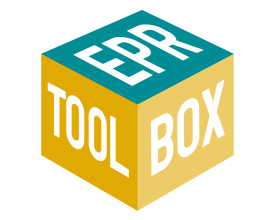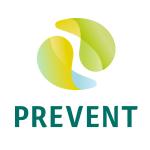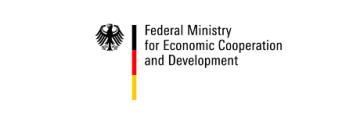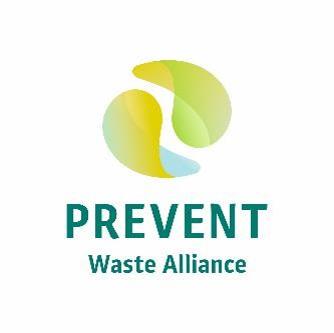
Boîte à outils REP
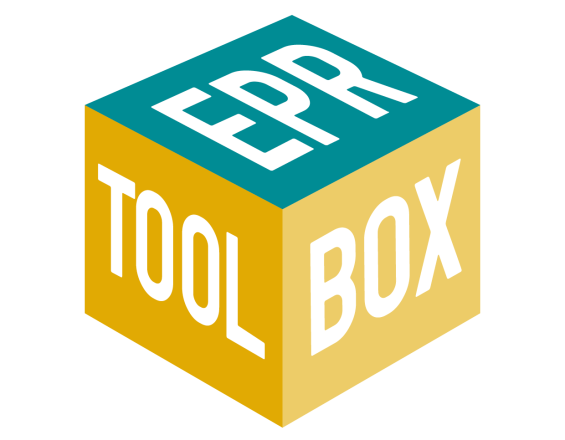
La responsabilité élargie des producteurs (REP) est un concept clé pour "boucler la boucle" dans la chaîne de valeur de l'emballage.
La boîte à outils REP, développée par l'Alliance PREVENT Waste, est un recueil de connaissances pertinentes au niveau international sur le thème de la REP pour les emballages. Son objectif est de promouvoir l'échange de connaissances et d'améliorer le développement des systèmes de REP dans le monde entier. Elle contient des supports de formation détaillés sur la REP et propose une introduction à un certain nombre de questions distinctes, telles que les rôles et les responsabilités, le financement ou la collecte et le recyclage des déchets d'emballages.
Des exemples pratiques de pays et une série de questions-réponses permettent d'approfondir la compréhension de la question complexe de la REP. La boîte à outils REP est donc un ensemble de modules qui peuvent être adaptés et appliqués à différents contextes. Elle sera disponible en vietnamien, bahasa, thaï et chinois.
Contexte
Défis à relever
Emplacement
Impacts
L'offre mondiale de marchandises a radicalement changé au cours des 50 dernières années. Le nombre de produits différents sur le marché augmente et les articles individuels sont produits à une échelle toujours plus grande. Cependant, la pollution causée par les emballages éliminés de manière incorrecte est un problème de plus en plus grave, auquel il faut s'attaquer d'urgence en concevant des produits plus faciles à recycler et en investissant dans des systèmes de collecte et de recyclage.
L'expérience montre que le principe de la responsabilité élargie du producteur (REP) obligatoire peut permettre d'atteindre une série d'objectifs politiques. Ces objectifs politiques englobent des changements à la fois en amont (par exemple, la conception pour le recyclage) et en aval (par exemple, l'augmentation de la collecte, l'augmentation des taux globaux de recyclage et l'amélioration des technologies de tri et de recyclage des emballages).
Depuis l'émergence du concept de REP, un certain nombre de "systèmes de REP" ont été mis au point dans un large éventail de pays. Une étude réalisée en 2013 par l'OCDE indique que plus de 400 systèmes de REP différents sont déjà en place. La boîte à outils contient cinq rapports nationaux détaillés du Chili, de l'Allemagne, de la République de Corée, de l'Afrique du Sud et de la Tunisie présentant des exemples de systèmes de REP. Les différents cas illustrent les contextes juridiques et les objectifs ainsi que les contextes historiques.

